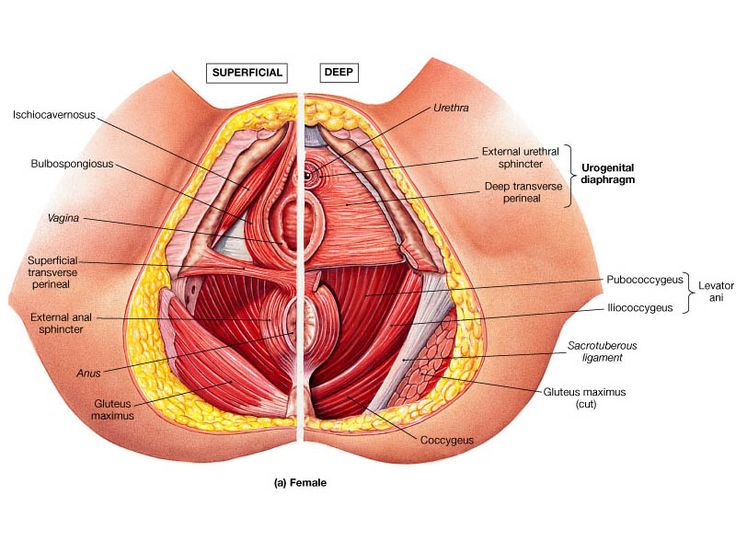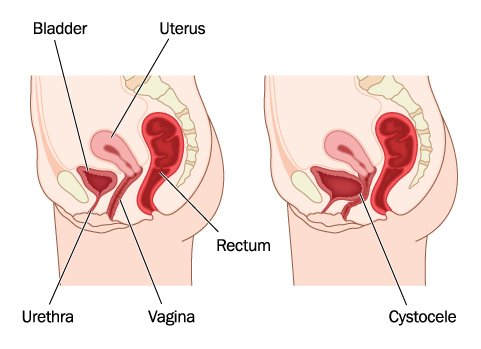Damage to pelvic muscles and tissues during pregnancy and childbirth may also lead to prolapse.
Pelvic floor prolapse causing vaginal bleeding in menopausal women.
Pelvic organ prolapse pop doesn t always have symptoms.
The women with the vulva and vaginal symptoms also tended to have more menopausal symptoms other than hot flashes.
In most cases symptoms are mild in the morning but get worse as the day.
But it often affects postmenopausal women who ve had one or more vaginal deliveries.
Vaginal prolapse happens when the muscles that support the organs in a woman s pelvis weaken.
Women who ve had more than one vaginal birth or are postmenopausal are at the highest risk.
When it does they depend on what kind of prolapse you have.
Uterine prolapse can occur in women of any age.
This weakening allows the uterus urethra bladder or rectum to droop down into the vagina.
In addition to urinary problems significantly more women with the vulvovaginal symptoms than without also had pelvic organ prolapse or faecal incontinence without diarrhoea.
For many women vaginal atrophy not only makes intercourse painful but also leads to distressing urinary symptoms.





























